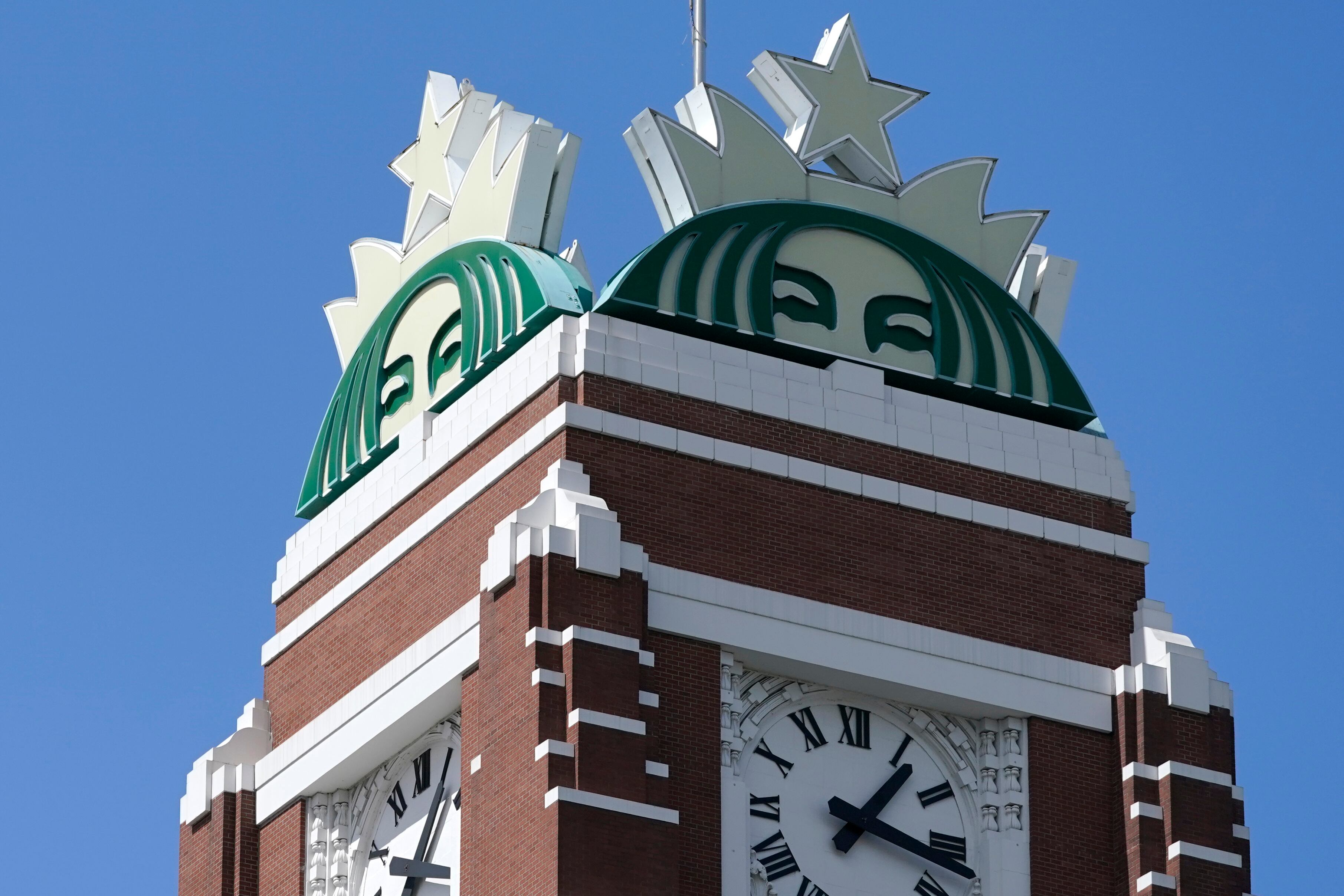There’s a new unicorn in the world of electric vehicles.
The UK-based startup Arrival, which is building small- and medium-sized electric vans for deliveries and other commercial roles, announced this week that it’s attracted a $110 million investment from Hyundai and Kia.
Arrival’s Chief Strategy Officer Avinash Rugoobur says the partnership bumps Arrival’s valuation to $3 billion euros($3.3 billion USD). By contrast, Rivian, which is building an electric pickup truck, was last valued at $5-7 billion, and Tesla’s value is just shy of $100 billion, more than Ford and GM combined.
“One of the keys to our approach is we're a purpose-built vehicle specifically for commercial vehicle applications. That gives us some freedom to truly optimize the vehicle for those applications,” Arrival president Albert Biermann said in an exclusive interview Thursday morning with Cheddar. “That will give us an advantage over any company that we see right now in the commercial vehicle space.”
Hyundai, Kia and Arrival said that they each plan to introduce a range of “purpose-built vehicles” based on Arrival’s “scalable electric platform.” Already, since 2018, UPS has been testing several dozen toaster-shaped Arrival delivery vans on the streets of London and Paris.
The vans are based on what Arrival calls its “skateboard” platform, a modular design that the company says will allow it to rapidly build a range of vehicles off the same platform, at a lower price.
“We can offer electric vehicles at the same price as petro-fuel vehicles,” Biermann told Cheddar.
Delivery vans and other commercial vehicles may be easier to electrify than passenger cars and trucks. For delivery or messenger services, and some contractors, the routes tend to be short, at least in cities. Depending on the type of company, employees may also drive to and from the shop multiple times a day – offering regular opportunities to charge the vehicles.
Rivian, which is backed by Ford and Amazon, has agreed to build 100,000 electric delivery vans for the online retailer.
“Commercial vehicles typically, or many of them, return to the depot at night,” Biermann said. “You only need to install the infrastructure at the depot, so it's a much simpler, a much easier problem to solve than deploying chargers for the retail fleet everywhere in the city.”
A persistent challenge, by contrast, is not only cost, but efficiency: Catering companies, florists, contractors, and delivery services won’t want to wait for their vehicles to charge before heading to the next job.
The transportation sector presents one of the biggest areas for achieving emissions reductions to slow climate change. In the U.S., transportation accounted for the greatest share of heat-trapping greenhouse gas emissions in 2017: 29%, compared to 28% from electricity generation and 22% from industry. Globally, the transportation sector generated 14% of the world’s emissions.












